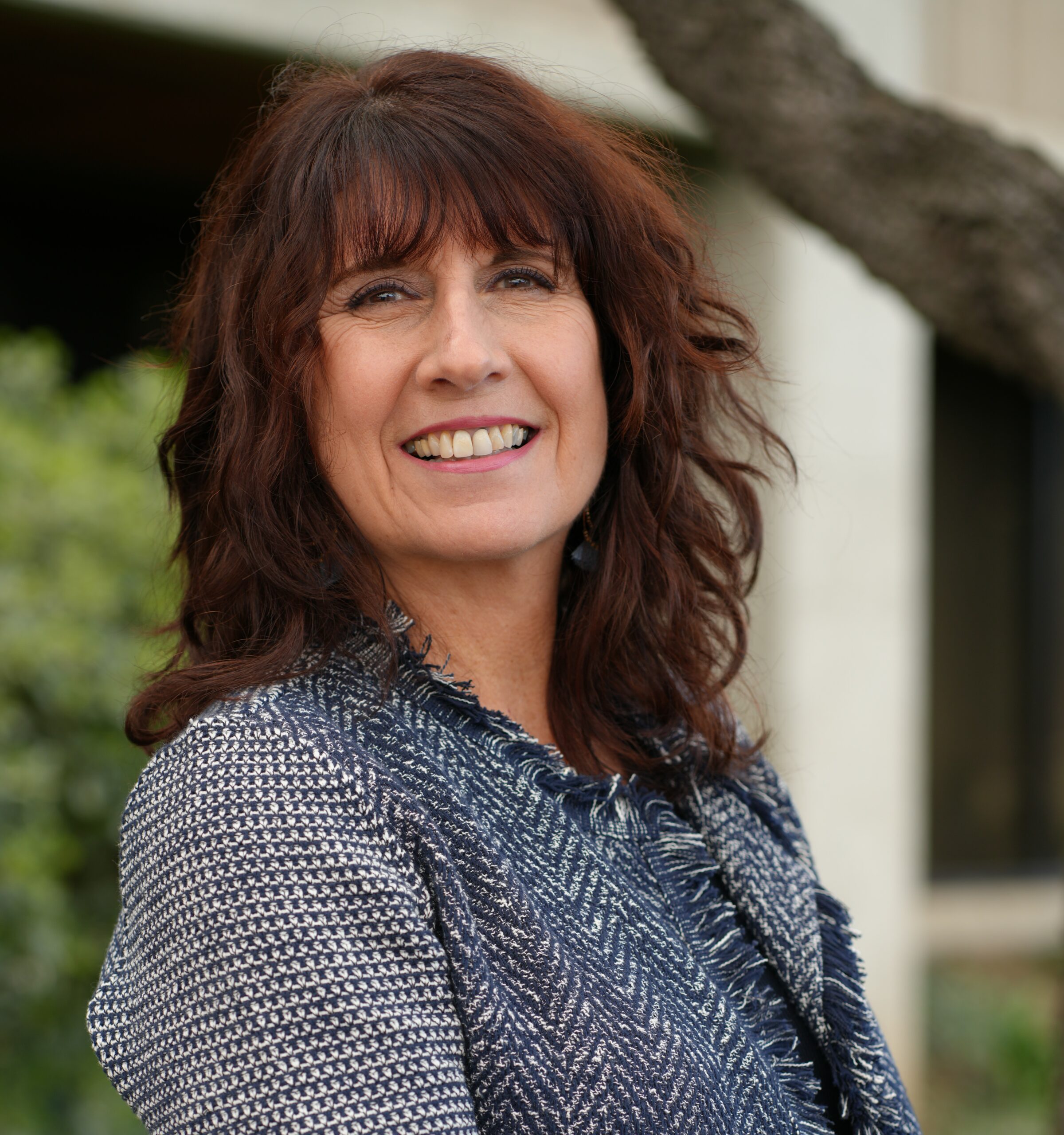Commission Vacancies Announcement
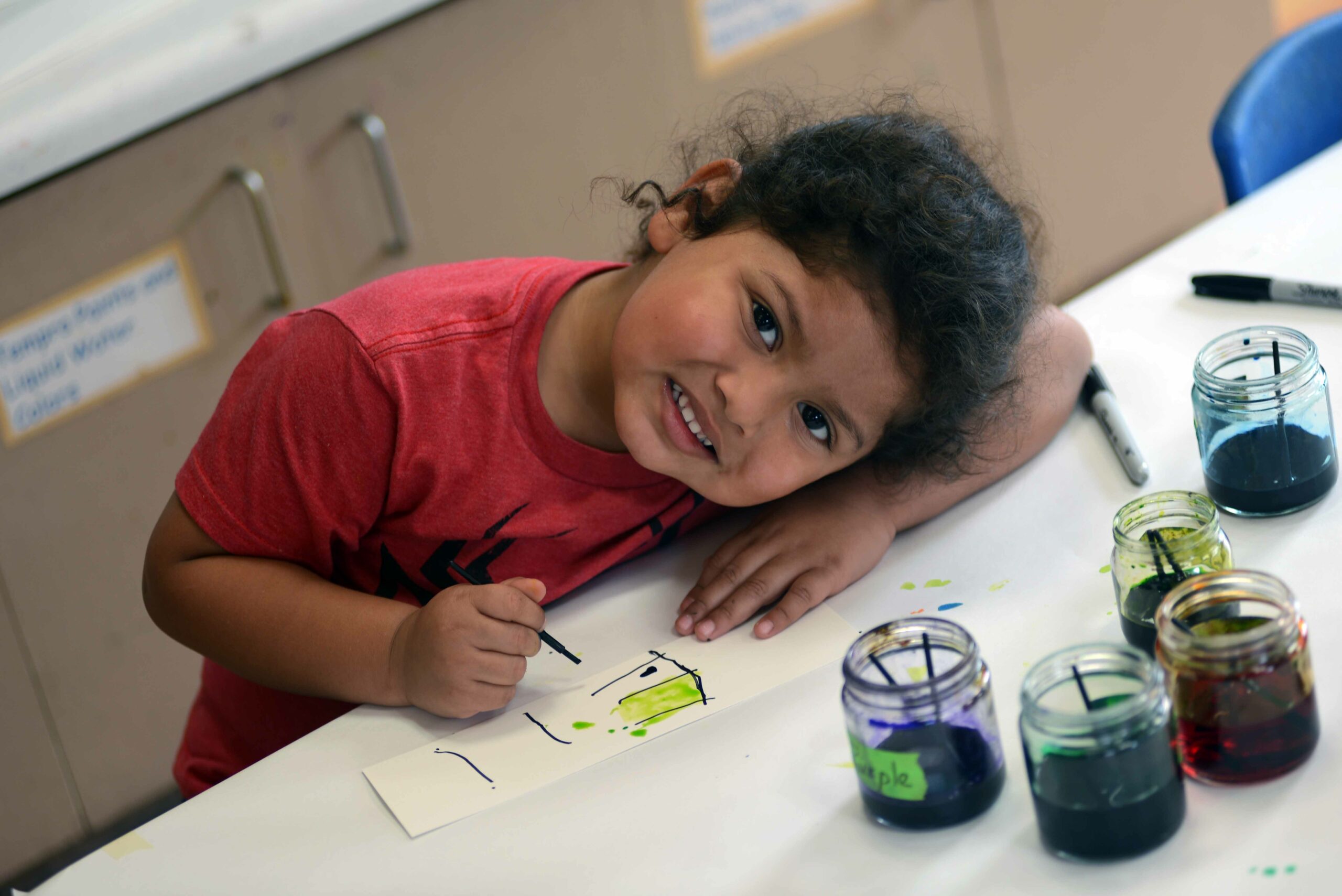
President of the Board of Supervisors David J. Canepa announced that applications arebeing accepted for appointment to the First 5 San Mateo County. There are currently three (3)positions representing: Public Member, each to commence January 1, 2022. The Public Member includes the following categories: recipients of project services included in First 5 SanMateo County’s Strategic […]
Good2Know Network is Supporting Early Care and Education Professionals & Building Community through Their Inboxes

“Wow, I don’t know how you do it.” When early learning and care providers talk about work, they often encounter responses like these from their family and friends. The Good2Know Network is a powerful network of people who know exactly how these educators do it. This network of San Mateo County-based early learning and care […]
It Takes a Village: The Story of the San Mateo County COVID-19 Child Care Response Team
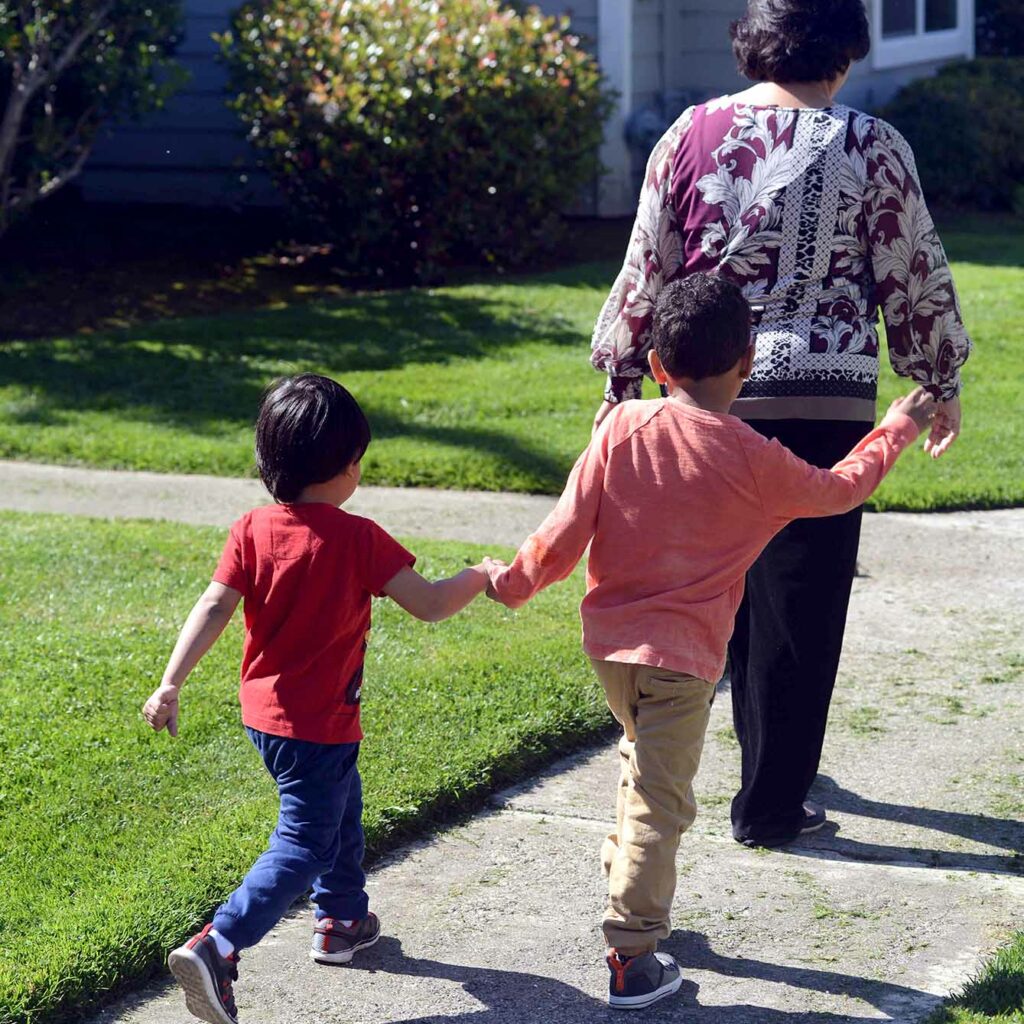
Throughout COVID-19, we had the opportunity to come together with organizations throughout the area to make BIG impacts. When the pandemic struck in March 2020, these leaders joined to create the San Mateo County COVID-19 Child Care Response Team. The Response Team identified three pressing needs for the child care field during the COVID-19 pandemic– […]
Addressing Inequity Through Flexible Financial Support to Families
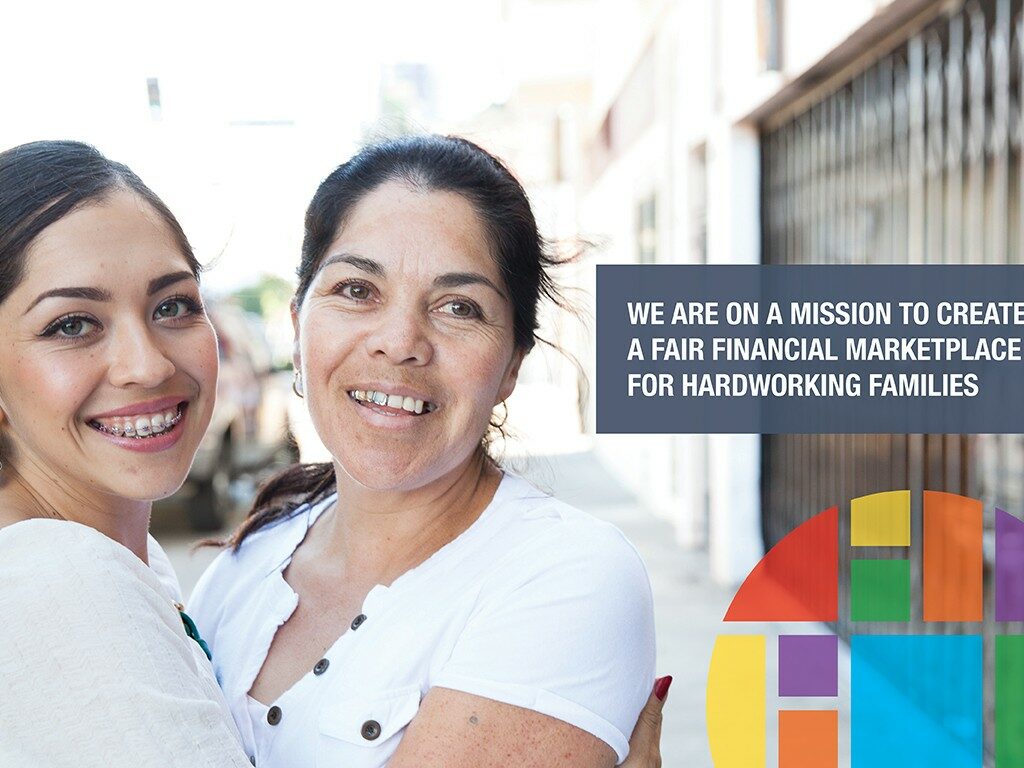
To ease the financial burden of COVID-19, the United States government supplemented households across the country with COVID-19 relief checks. But, across San Mateo County (and the rest of the US), there were families that were not able to receive that lifeline. A disproportionate number of people living in the financial shadows are minorities and […]
Becoming Trauma-informed
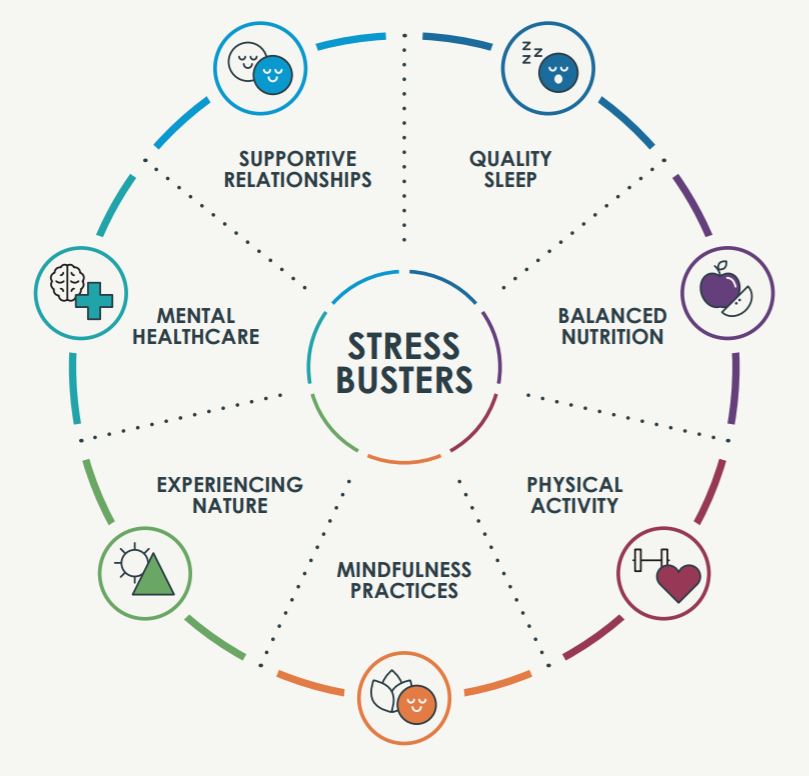
As a parent, you are the most important person to your child. So being a parent is a pretty big deal, but it can also be challenging because there is so much to know about parenting. Parents learn and grow along with their children, and that’s okay. Your relationship is the foundation from which your […]


